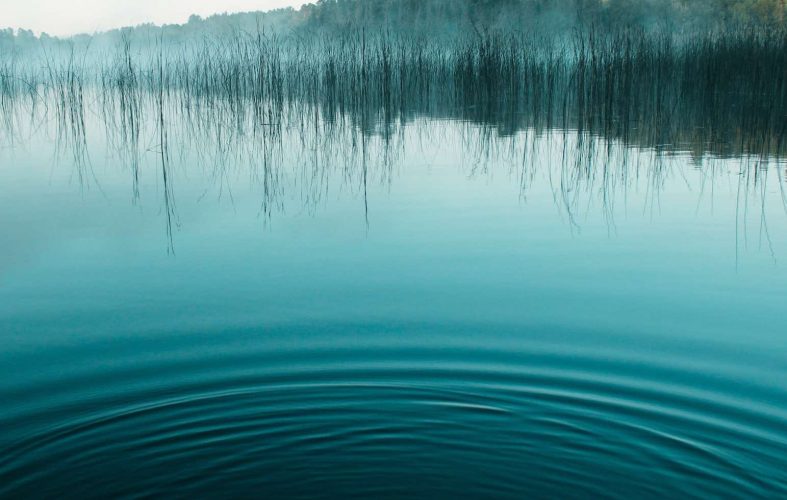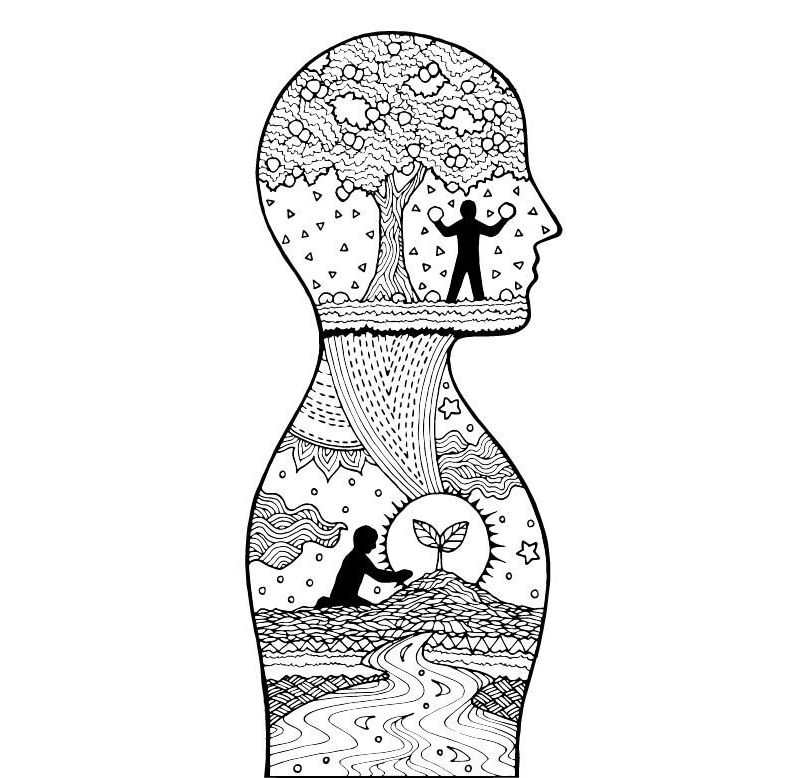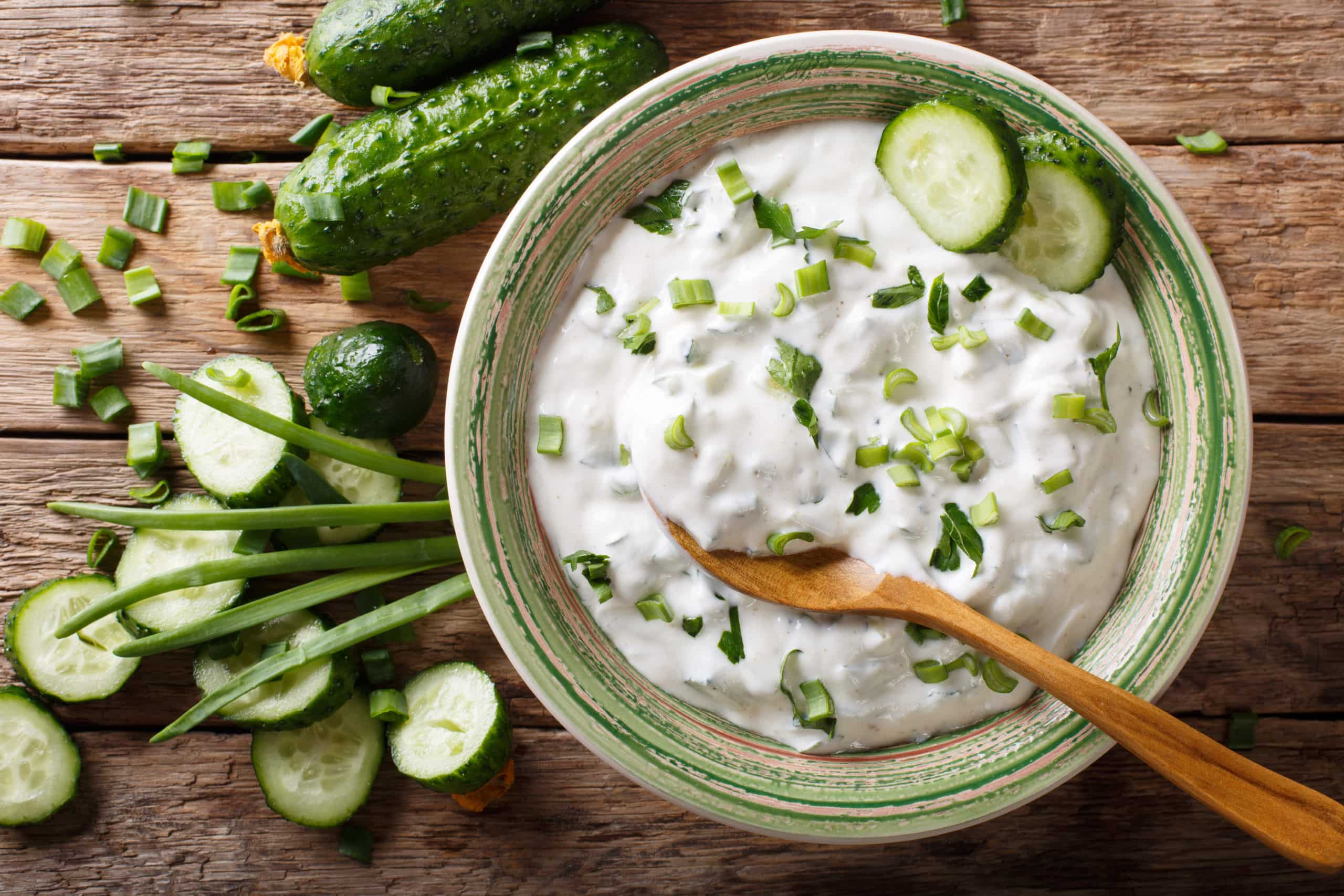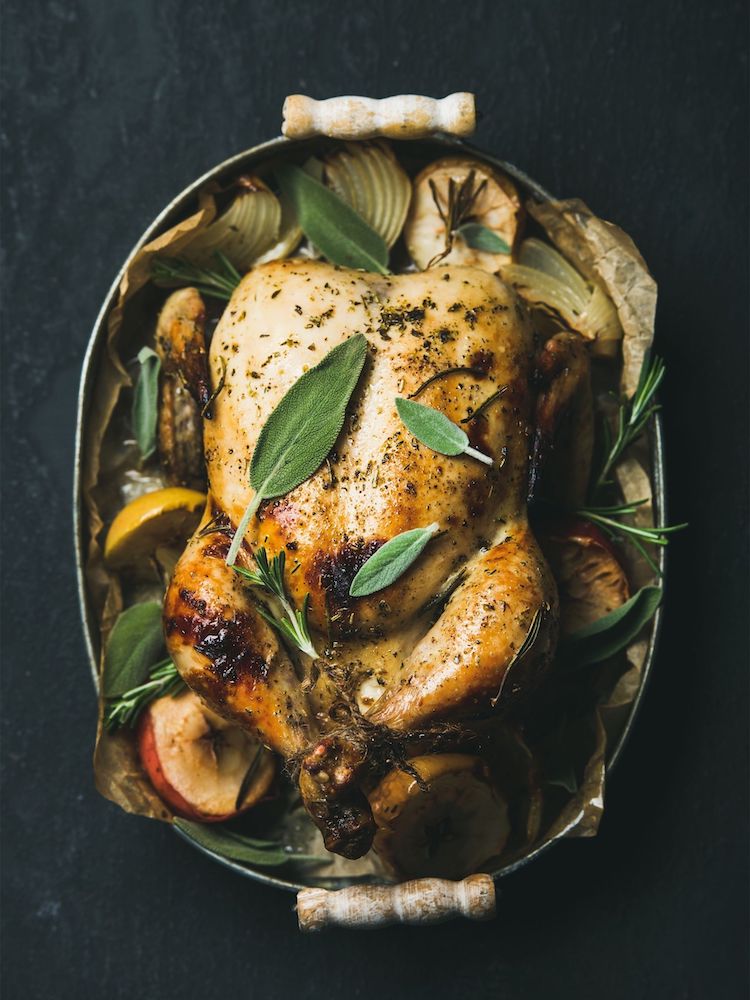I don’t like to ingest much of the news these days. I feel like there is a sucking energy, much like a high-powered vacuum, that pulls me into concern, agitation, or downright frustration. Every now and again, however, something occurs that forces me to open my eyes and heart and look deeper.
We have friends who were recently involved in a tragic car crash. The crash took the lives of a mother and her two young children. Our friends were behind the car whose lives were lost. Within moments, the two cars rolled and filled with flames. Miraculously, our friends survived the crash. They remember being pulled from the car from first responders, heroes who risked their lives to help others. This reminds me of our first responders during the COVID-19 pandemic: health professionals and essential workers who continue serving the needs of our community above their own. We have modern-day superheroes, and, lucky for us, they keep showing up. Tears well in my eyes when I feel the gravity of these moments. For all those involved with this tragic situation, intense emotions still arise: Fear. Relief. Frustration. Anger. Curiosity. Primordial emotions.
In the depths of my own emotional vulnerability, I came across a podcast from Buddhist Teacher Roshi Joan Halifax called “Empathy’s Double-Edge.” I found her description of moral suffering fascinating. Maybe you will too. These thoughts may be helpful to anyone dealing with tough emotions, whether surviving trauma or frustrated by the circumstances around them:
Four Stages of Moral Suffering
- Moral distress. When we are confronted by egregious harm but feel we can’t do anything.
- Moral injury. When we are traumatized and the memory lives within us.
- Moral outrage. When anger and disgust hit, or we perceive an action as a violation. Often, this phase is when we move into blame and shame. What is interesting is when an episodic event spurs moral outage, social change can happen. It’s only when chronic moral outrage hits that we find ourselves stuck and bitter.
- Moral apathy. When we choose to stay in a bubble of separateness, contributing to the suffering of others, knowingly or unknowingly
Whether caught up in personal or collective trauma, we may receive clarity in these stages. With COVID-19, in some cases, people have experienced great loss. In others, life may seem greatly improved with the forced slow-down. Whatever the case, this circumstance brings us to greater awareness of our interconnection. We have all traversed the bumpy road of grief and transition from one state of being to another. What we hope transpires – to learn from this time and allow it to change us for the better – is social change. We don’t need to come out of this situation with a desire for things to return to “the way they were.” Instead, might we treasure the connectedness we’ve built.
May we continue to be generous to our neighbors.
May we continue to slow down.
May we appreciate the value of spending time cooking and cleaning in our homes.
May we support the local businesses we want to survive in our communities.
May we take walks and appreciate the fresh air Mother Nature provides us each and every day.
May we carve out time for family connection.
May we treasure game night with puzzles and old-fashioned board games.
May we laugh.
May we play.
May we trust.
May we love.
May we appreciate the beauty and connection we treasure most.














